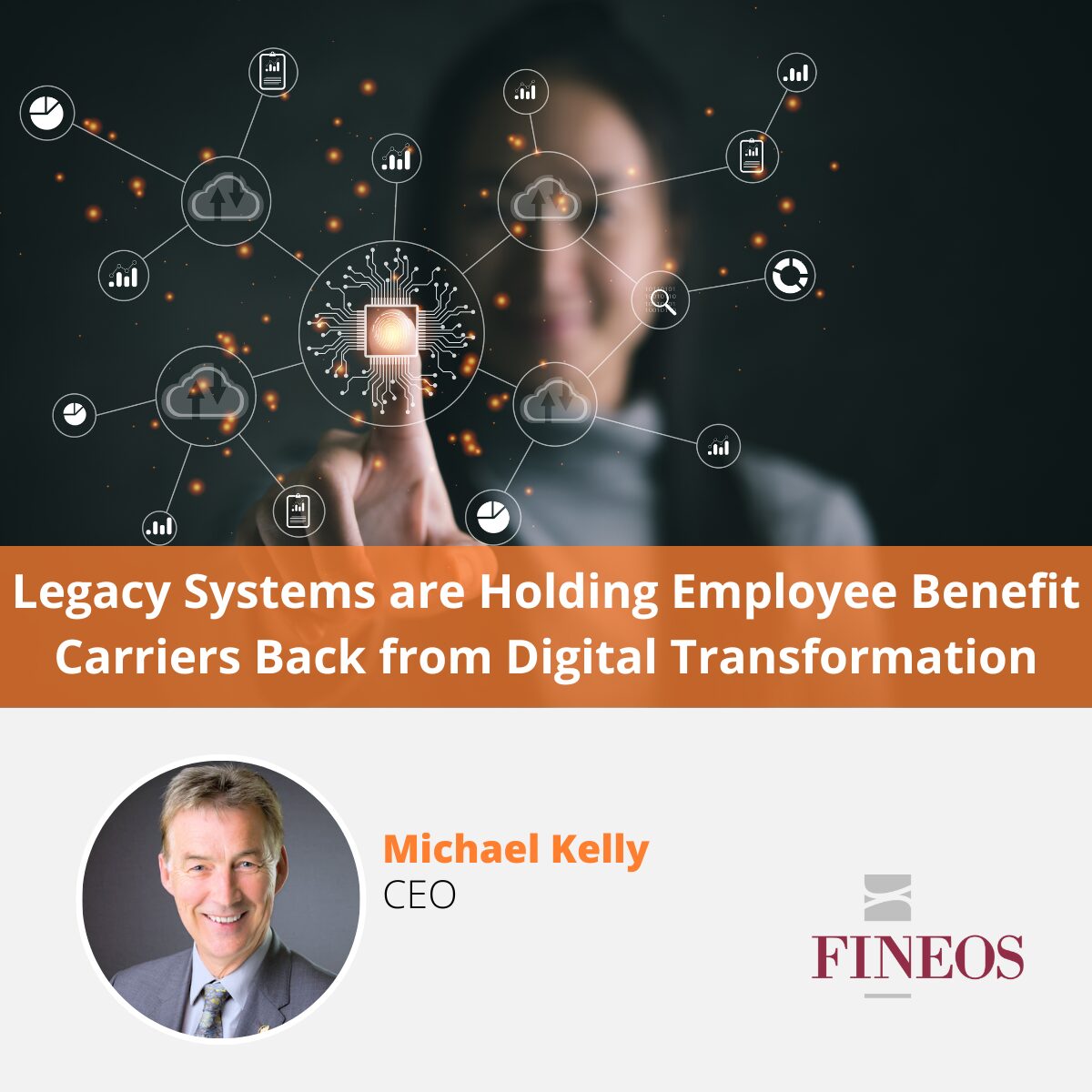I attended an industry conference earlier in the year and sat in a lot of sessions with insurers and software vendors. Listening to the various sessions, got me thinking about how some parts of our industry have really progressed and other seem to be mired in the mud. At FINEOS, we focus on providing modern core systems to insurers and we need to be sure we don’t get mired in that mud as we continue to evolve the FINEOS Platform. Here are 3 thoughts I took away from this event.
Three Things to Avoid
- What’s best for the customer is the way we used to do it
I was sitting in a panel session at the industry conference and the question of the best way to accept payment for a Group policy premium came up. Traditionally salary deduction was the gold standard but in a world of required plan portability, COBRA, gig business models and electronic payment schemes like Venmo or Paypal, one would expect a new gold standard. One vendor stepped up and explained how anyone could support the new electronic payment methods as well as direct withdrawal from checking, especially for COBRA. A second vendor explained that the best approach was to stick to the old way of doing things – with salary deduction as it has the best chance of accurate timely payments. I suspect they need to look at their payment options offering.
- Focus on the customer and not on the market.
I know its heresy to say the needs of any given customer are not the highest priority of a software vendor. However, in the end companies go to a software vendor to get good software and achieve leverage on price and capabilities by buying industry standard, configurable software, usually in SaaS cloud model. Many software companies start out building new products with customer partners. This is a great way to ensure a product meets the general needs of a market until it reaches a certain level of maturity.
If a software company remains too focused on hyper-optimizing their software for each customer’s existing processes and all their feature requests, the software company will become a custom solution provider. Ultimately, this will not serve the market or other customers well. There are plenty of third-party systems integrators that can help carriers configure and extend industry standard solutions to meet unique company needs.
- Building walled gardens instead of open platforms
Insurance core software vendors are seeking to position themselves as insurance platform companies, providing a strong foundation and broader set of capabilities to your customers vs. a single application vendor. FINEOS Platform is exactly that, a platform that will provide all the capabilities needed by an Employee Benefits/Life , Accident & Health insurer to manage Policy, Billing, Claims and Absence management for their customers. It has logical business boundaries and works best when used together. It is an open platform in that any of our components can be used standalone if needed and we provide an ever growing API catalogue to connect to the rest of the insurance ecosystem or existing internal systems that cannot be replaced for one reason or another. We believe this is the best approach to serving an industry that is embracing a digital economy.
The other approach is to create a walled garden with a limited number of partners to provide extended capabilities to their platform. A good example of this approach is Apple’s iPhone Store where you can buy anything you want as long as it suits the stores interest. (Yes, I am an Android guy.) This works very well for most iPhone users and Apple has created a great walled ecosystem that has many advantages for those willing to live within those walls. This model does not work as well in the B2B technology world where innovation can come from many places including insuretechs. Walled gardens run the risk of becoming the next iteration of the legacy monolithic system.
The FINEOS Platform is designed to be open and support the coming change and growth in the Employee Benefits & Life, Accident and Health insurance industry, including the need to support non-traditional lines like IDAM/Absence Management. As a company, we have made and will continue to make hard choices to be sure we do not become yet another legacy software provider.


